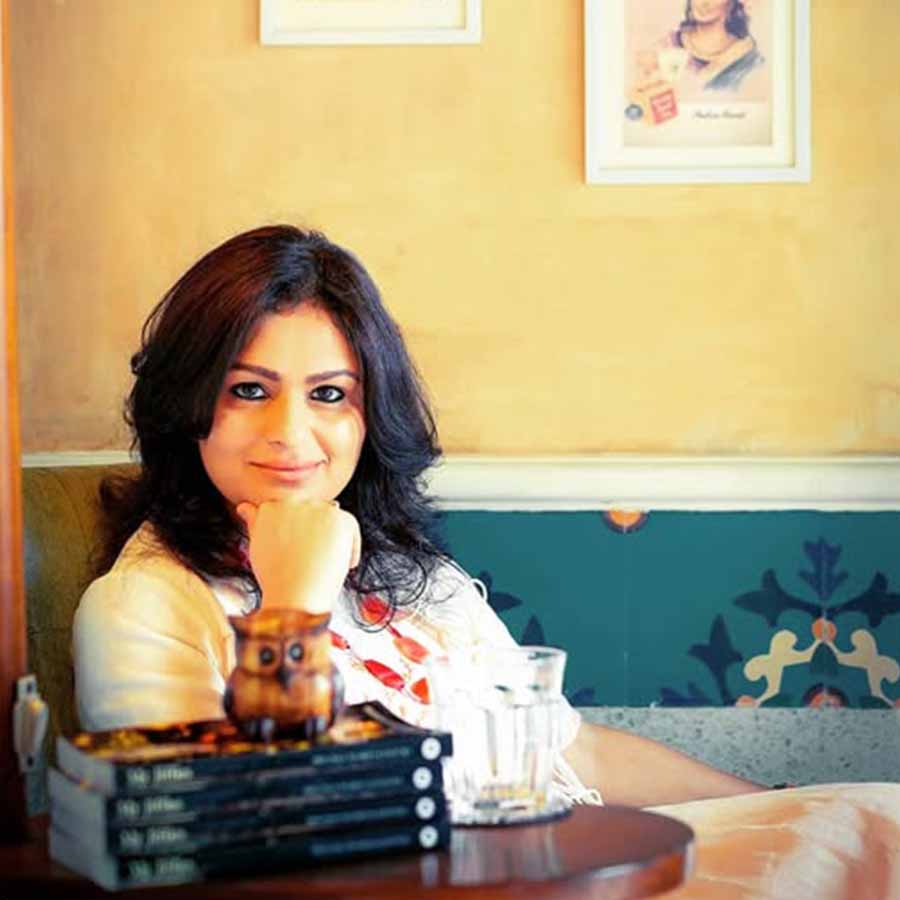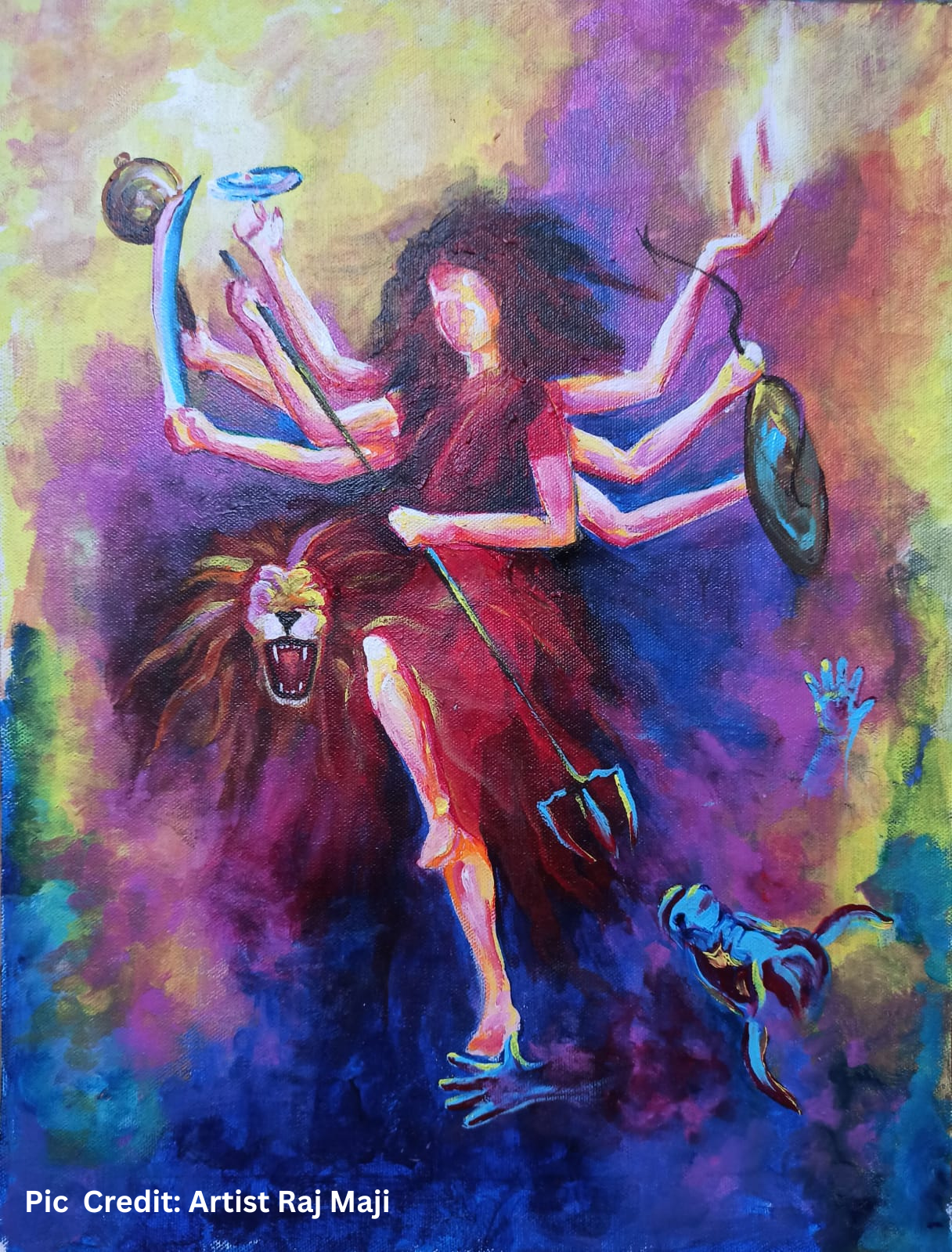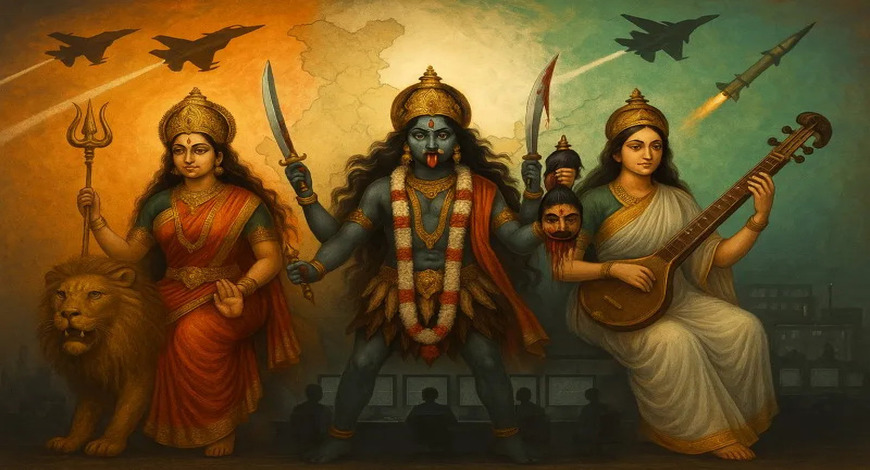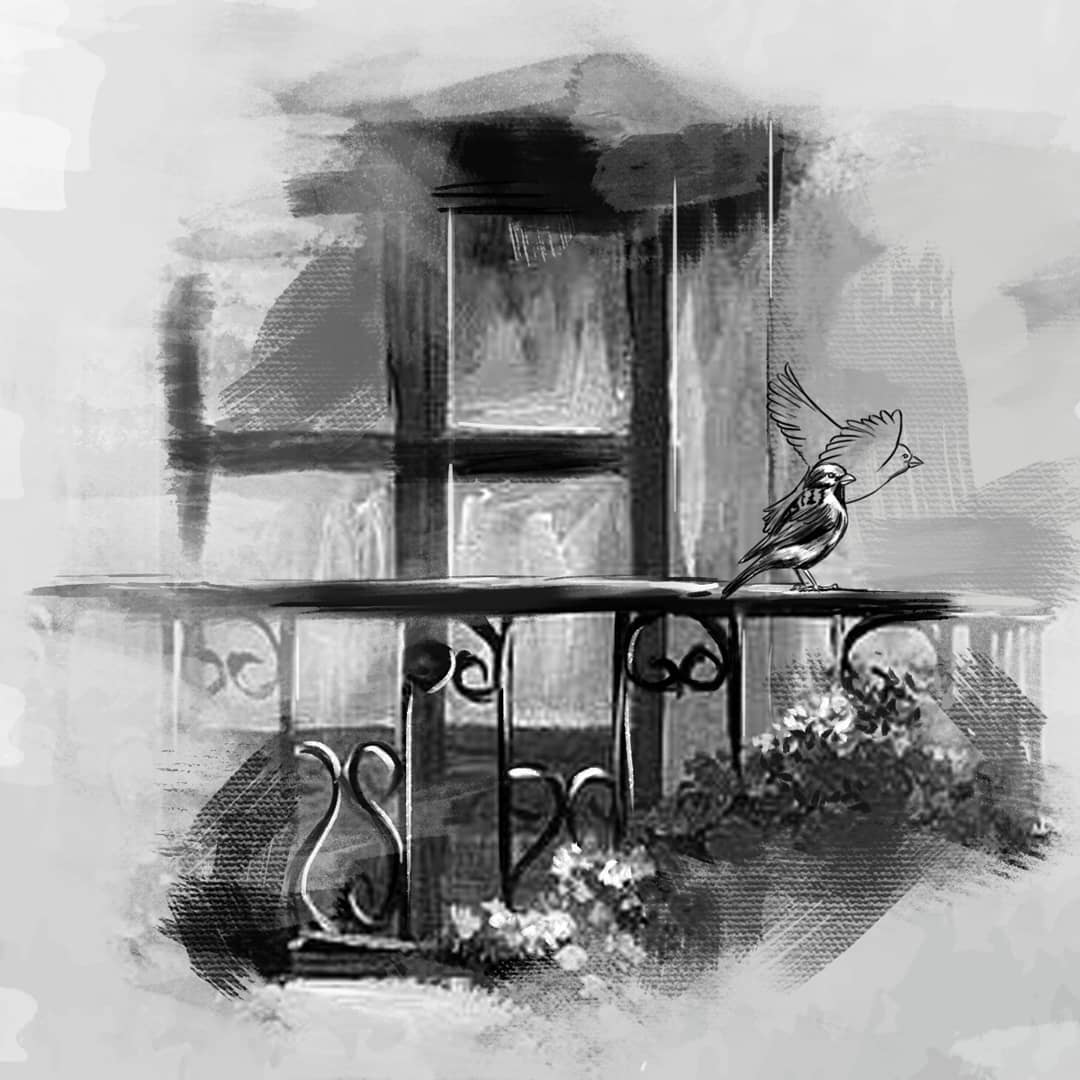“Every sentence I write is an offering. Every forgotten goddess, a flame I light again.”
There was a time I measured my days in emails, meetings, and targets. Success wore sharp blazers and spoke in quarterly reviews. I was a corporate leader, and I carried that world with pride. But somewhere beneath that structured existence, something wild and ancient stirred. A whisper. A pulse. A presence. It wasn’t dissatisfaction. It was a call.
And when I answered it, I found myself writing.
What began as curiosity turned into devotion. What looked like research became remembrance. Writing women’s stories, especially those of forgotten goddesses became more than a creative pursuit. It became a ritual!
India’s mythological landscape is vast, layered, and often told through the lens of male heroes and saints. But hidden in its folds are the voices of women, powerful, radiant, and terrifying in their truth. These are not just mythological Hindu stories. They are psychological archetypes. They are cultural memories. They are the truths we’ve tried to silence.
In the Devi Bhagavata and Devi Bhagwat Puran – two seminal Shakta texts, the goddess is not an accessory to the male divine. She is the beginning, the end, the force through which all creation arises. Writing about these stories led me to question how we lost touch with such an empowering vision of the feminine. How did we go from Maitreyi and Gargi debating metaphysics to centuries of silence and seclusion?
Famous female Indian writers have long grappled with these questions. They have peeled back the layers of conditioning and offered fierce, tender portrayals of women who defy the narrow roles society assigns. Following in their footsteps, I realized I wasn’t just telling stories. I was entering a lineage.
Writing became my way of returning to Shakti, not as an abstract spiritual idea, but as a living, breathing current of energy. In every myth, every forgotten Devi, I saw echoes of contemporary women: leaders, artists, survivors, lovers, healers. I saw parts of myself.
In one story, I wrote of a woman who found ultimate courage in the face of grave loss and grief. She mirrored Sati. Another, who found clarity in the midst of something as confounding as love, echoed Shivangi. Each story revealed not just a character, but an aspect of feminine consciousness long suppressed. These weren’t passive role models. They were radical energies.
As I explored Indian mythological stories, I found that many of these deities had been remembered differently in different regions. Some worshipped, some feared, some forgotten. But always, they left a trace. And it is that trace I try to follow.
Telling Her Story is Telling Mine
Many ask if the women I write about are real. My answer? They’re truer than real. They’re the soul-stories behind what we see in daily life. They’re the unnamed emotions in boardrooms, the swallowed rage in relationships, the unknown battles in the masculine world.
Writing them brings me home to myself.
It’s not surprising that many female Indian writers are returning to ancient texts and oral traditions to reframe narratives. In their work, in mine, in yours, we are all lighting flames that were never truly extinguished. Only hidden.
Why I’ll Keep Writing
Because myth is not just about the past. It’s a map. It shows us where we come from, and where we forgot ourselves. It shows us the power we were told to fear, and the emotions we were taught to suppress. When we reclaim these mythological Hindu stories, especially those from texts like the Devi Bhagavata, we don’t just remember the goddesses, we remember our own divine, messy, radiant, potential.
So I will keep writing. Not for nostalgia. But for resurrection.
And each time I write, it is not just storytelling. It is prayer. It is resistance. It is a ritual.
This piece was written as part of my ongoing series exploring the forgotten feminine through Indian mythological stories and ancient texts like the Devi Bhagwat Puran. As a female Indian writer, my aim is to bring these voices back into collective memory, where they always belonged.




